Case Study
Eco Restoration
Ecological restoration is the process of assisting the recovery of an ecosystem that has been degraded, damaged, or destroyed. There has never been a more urgent need to restore damaged ecosystems than now. Restoration of ecosystems is fundamental to achieving the 2030 Agenda for Sustainable Development. Forests, grasslands, croplands, wetlands, savannahs, and other terrestrial to inland water ecosystems, marine and coastal ecosystems and urban environments—all of them are in dire need of some level of protection and restoration.
Our goal of ecological restoration is to return a degraded ecosystem on a trajectory to reach full recovery. Through the support we offer to growers, we advance the science, practice and policy of ecological restoration to sustain biodiversity, improve resilience in a changing climate, and re-establish an ecologically healthy relationship between nature and culture. Reintroducing native species, creating a balance between communities and nature has improved resilience especially after adverse climate events.
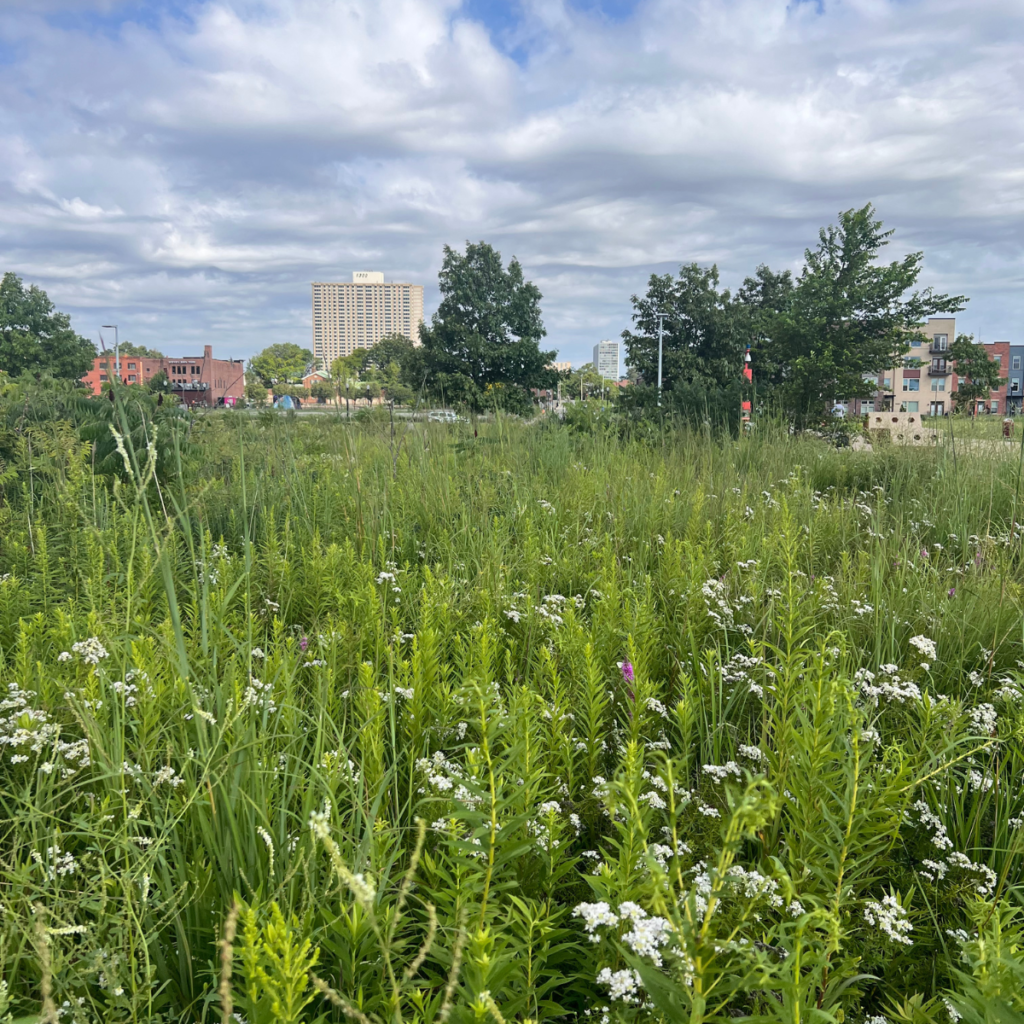
- The Case Study on Vetiver as a land restoration program to support small farmers in Cuddalore, India
- Vetiver is a grass that has potential medicinal benefits and is also used as an aroma in many cosmetics. India is one of the leading producers of vetiver used both for local consumption and export. I had the opportunity to meet the farmer producer who leases land and employs farmers to grow vetiver in a coastal city, Cuddalore in Tamil Nadu, India. The project was started jointly in the year 2019 by Agham Enterprises who is the grower of vetiver and Sri Raksha, the buyer for his Biotech industry. Initially they started farming in 5 acres and gradually started increasing the area under production to 70 acres with growing demands, high income, employment opportunities and conditions favoring the production. Covid-19 hit hard on the production as globally the export was stalled, and demand reduced, and many farmers lost their livelihood.
- The project was prepared and suggested to the growers using sustainability metrics on how to improve revenue and find alternate revenue sources to farmers growing vetiver. This project could also use the strength of local markets after income was affected with trade being restricted during covid. Vetiver is utilized more in cosmetics, medicinal and aromatic purposes. But studies have shown that vetiver has many other sustainable benefits like wastewater treatment, prevention of soil erosion, reducing atmospheric carbon emission and sequestration of soil carbon, for eco restoration along with products supporting the rural livelihood industry.
- The project report as a case study was shared with the growers and awareness was created on potentially improving the revenue adopting the suggested sustainability metrics.
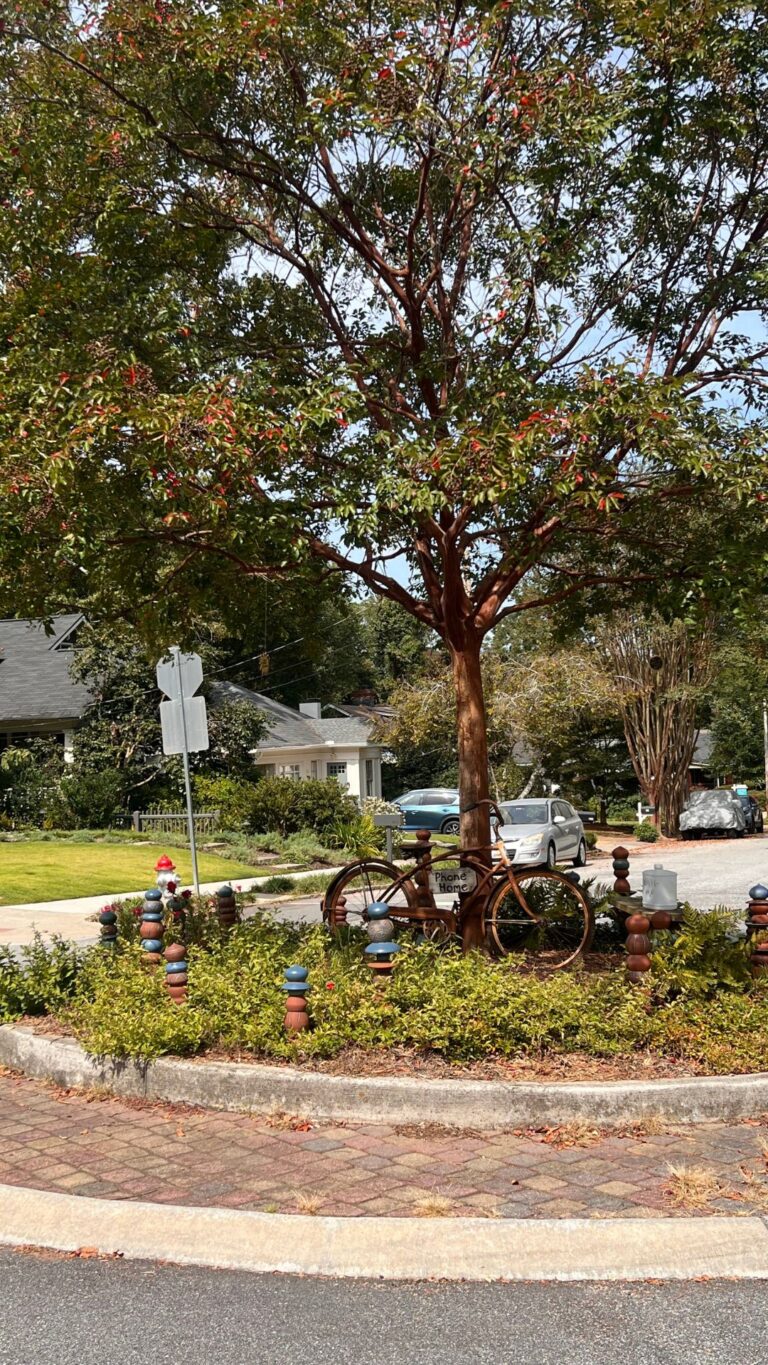
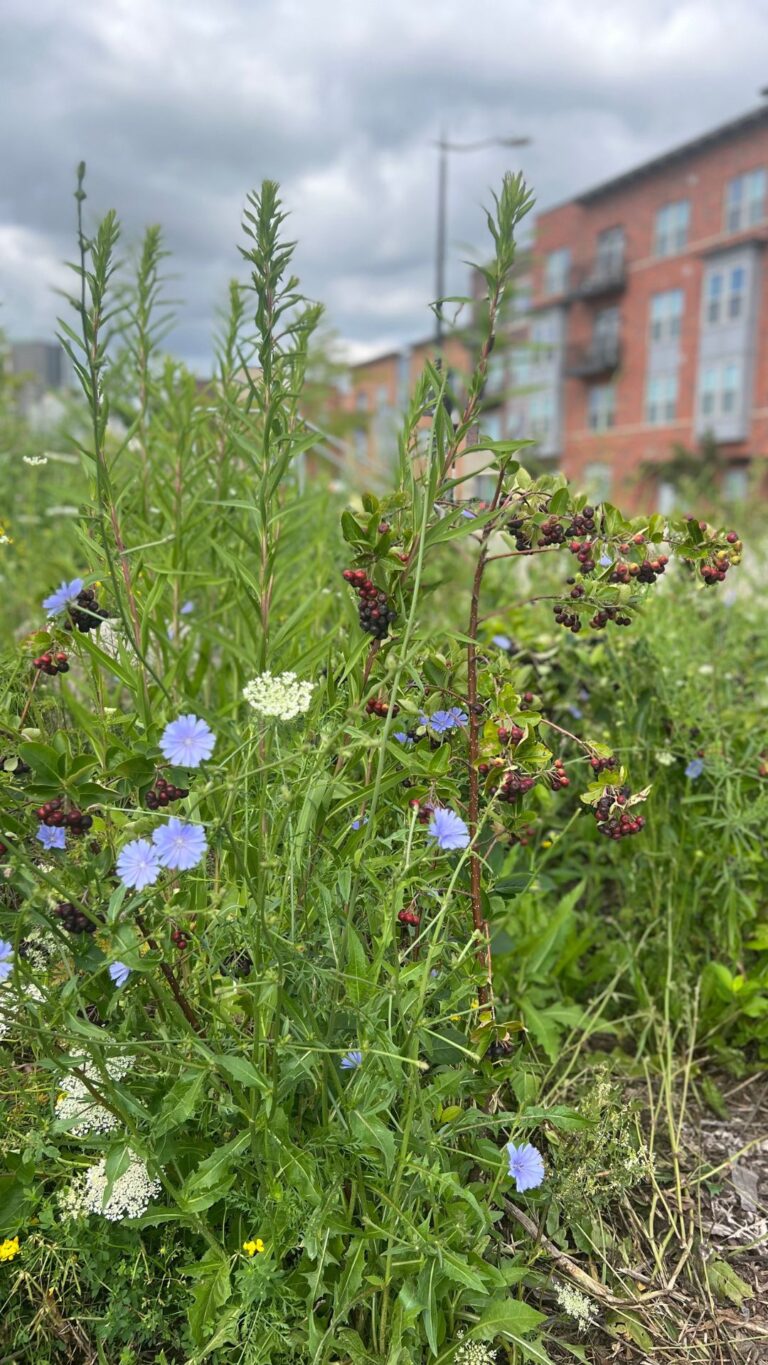
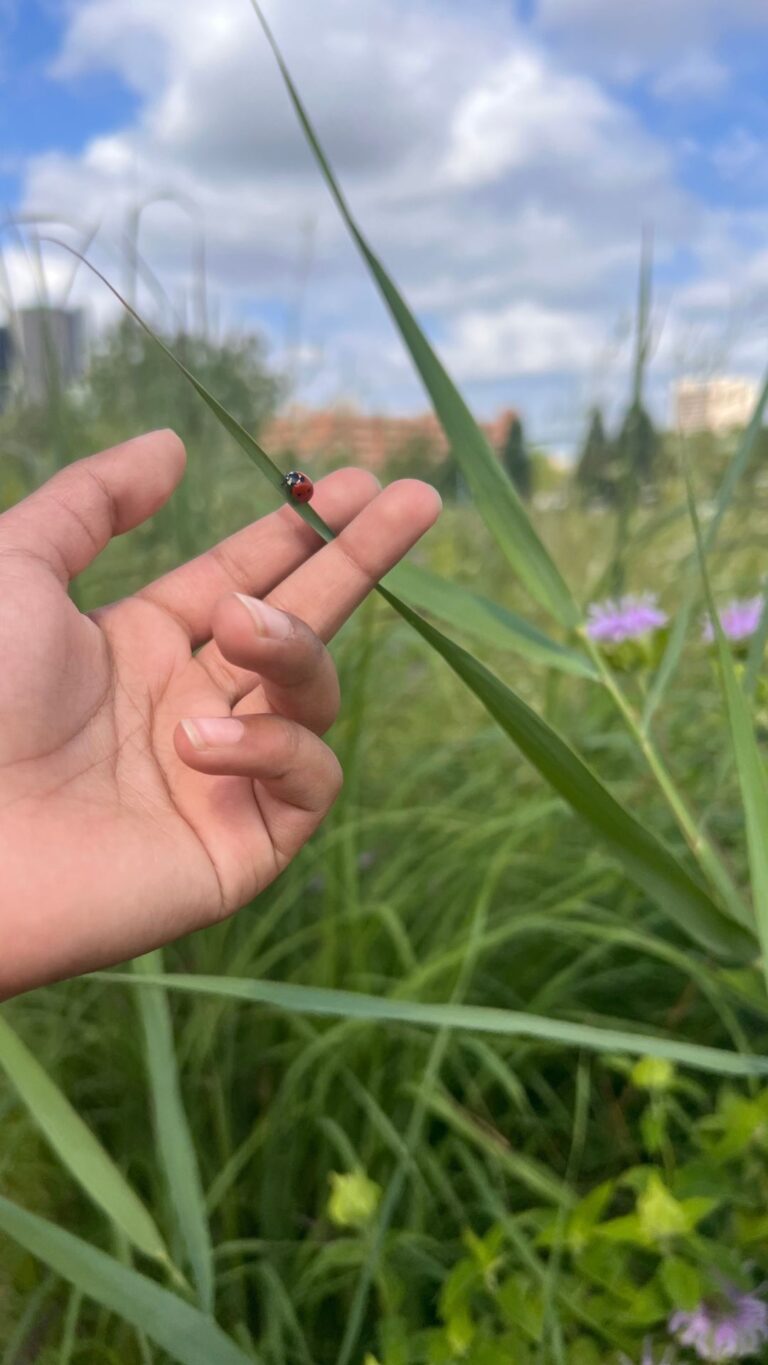
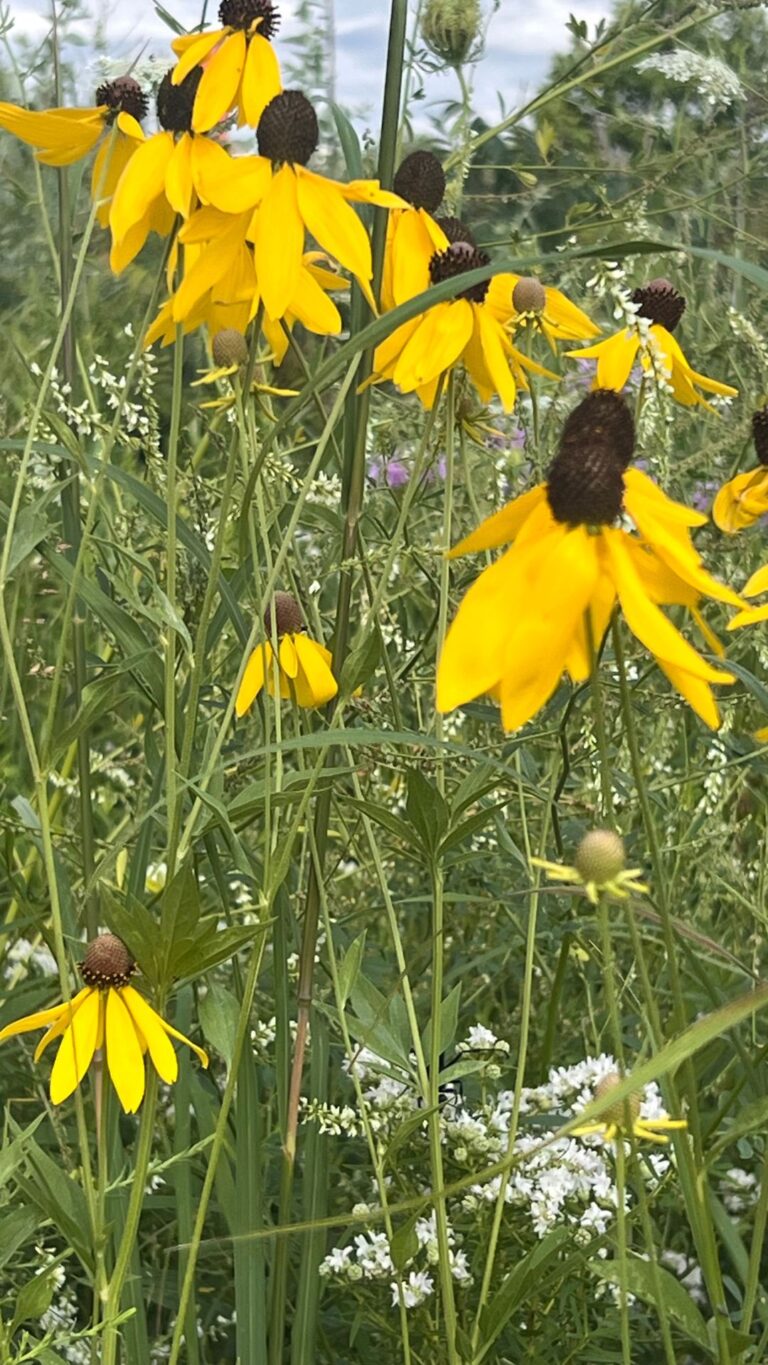
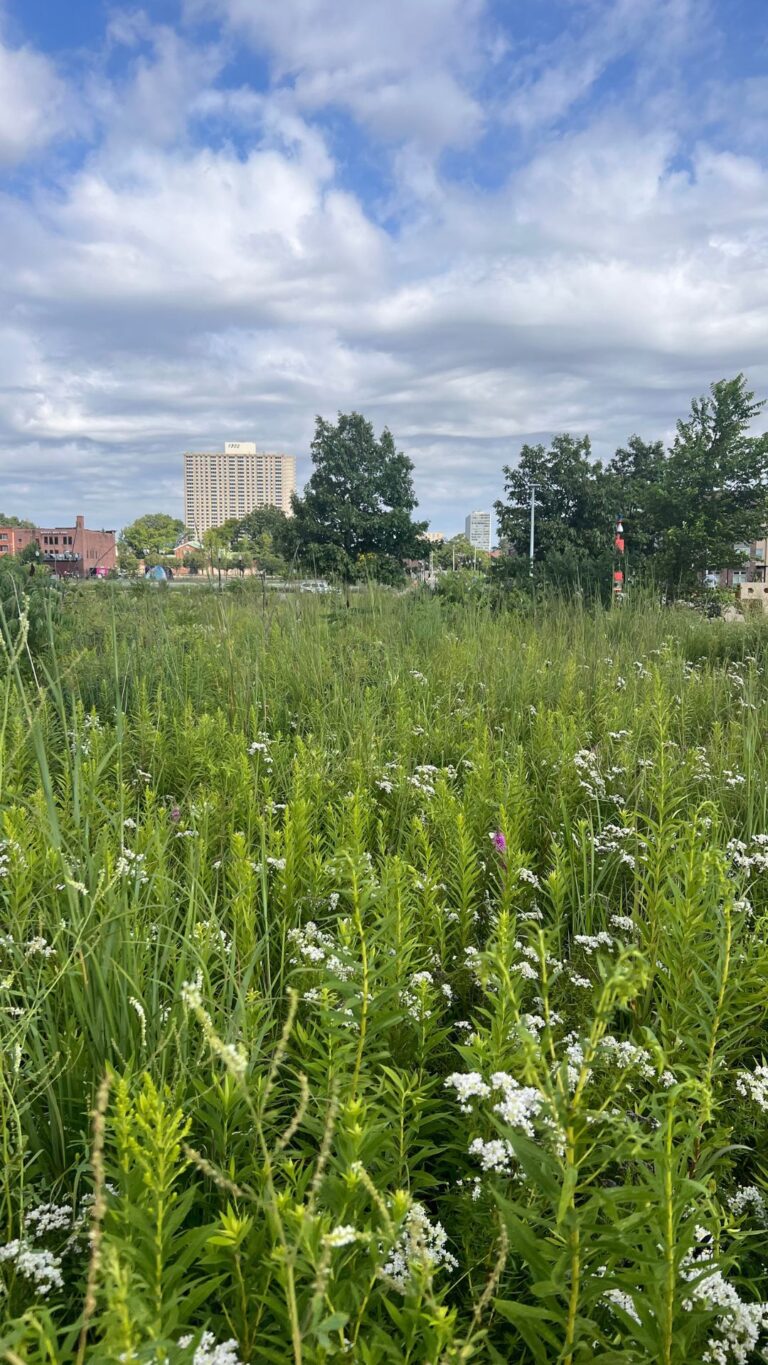
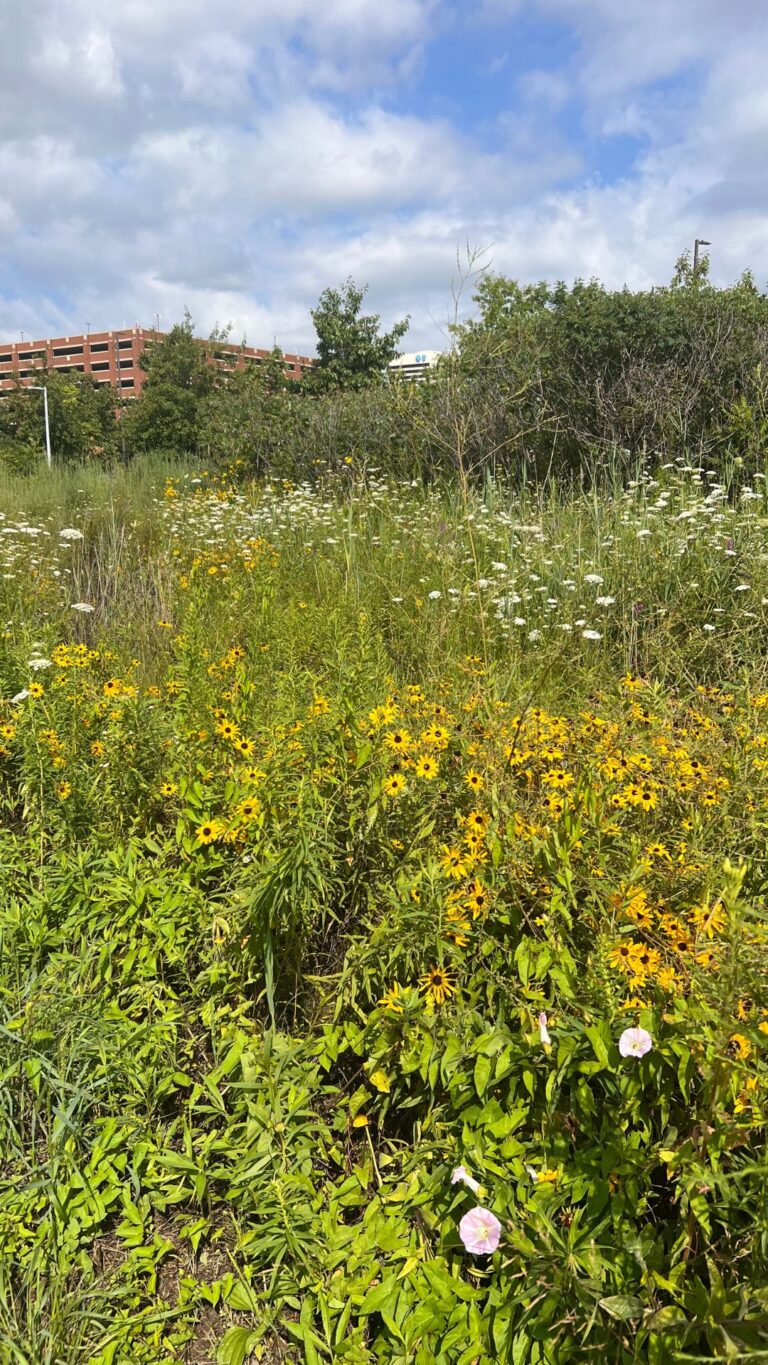
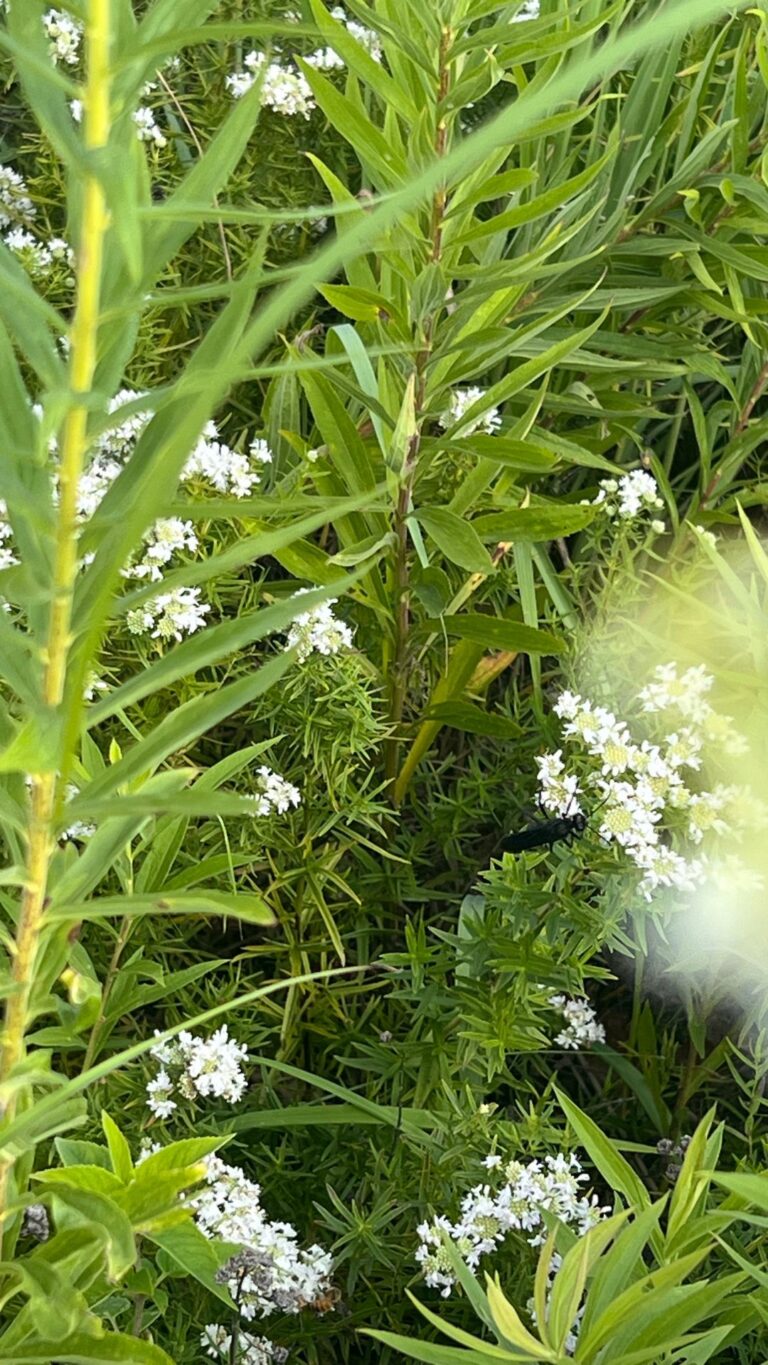
- Mangrove as a remedial measure against erosion caused due to Kerala floods
- Combining local knowledge and scientific observations is a powerful way to inform eco restorations globally. On every coastline waves and currents create change, sometimes bringing sediments to the coast, but sometimes causing erosion and the loss of land. Also
Mangrove soils are rich in organic matter produced by the mangroves themselves, including living roots but also dead leaves and woody materials. The dense network of fine roots helps to armor the soil from erosive forces and to trap and bind soil particles together. This project was planned to restore the shoreline of a farm by growing mangrove to further prevent soil erosion and restore the damage that happened during the 2018 Kerala flood.
Manjali is a landscape-scale ecological restoration project on the bank of River Periyar in Cochin. Much of the boundaries are facing the river creating soil erosion and loss during heavy rains and flooding. Planting mangroves provided natural fencing and also reduced river water entering the farm along with providing a good source of fish for the farm owners.
Outcome of the project is underway!
-
- This means that we ensure –
-
-
- ● It is profitable throughout (economic sustainability);
- ● It has broad-based benefits for society (social sustainability); and
- ●It has a positive or neutral impact on the natural environment (environmental sustainability).”
-
